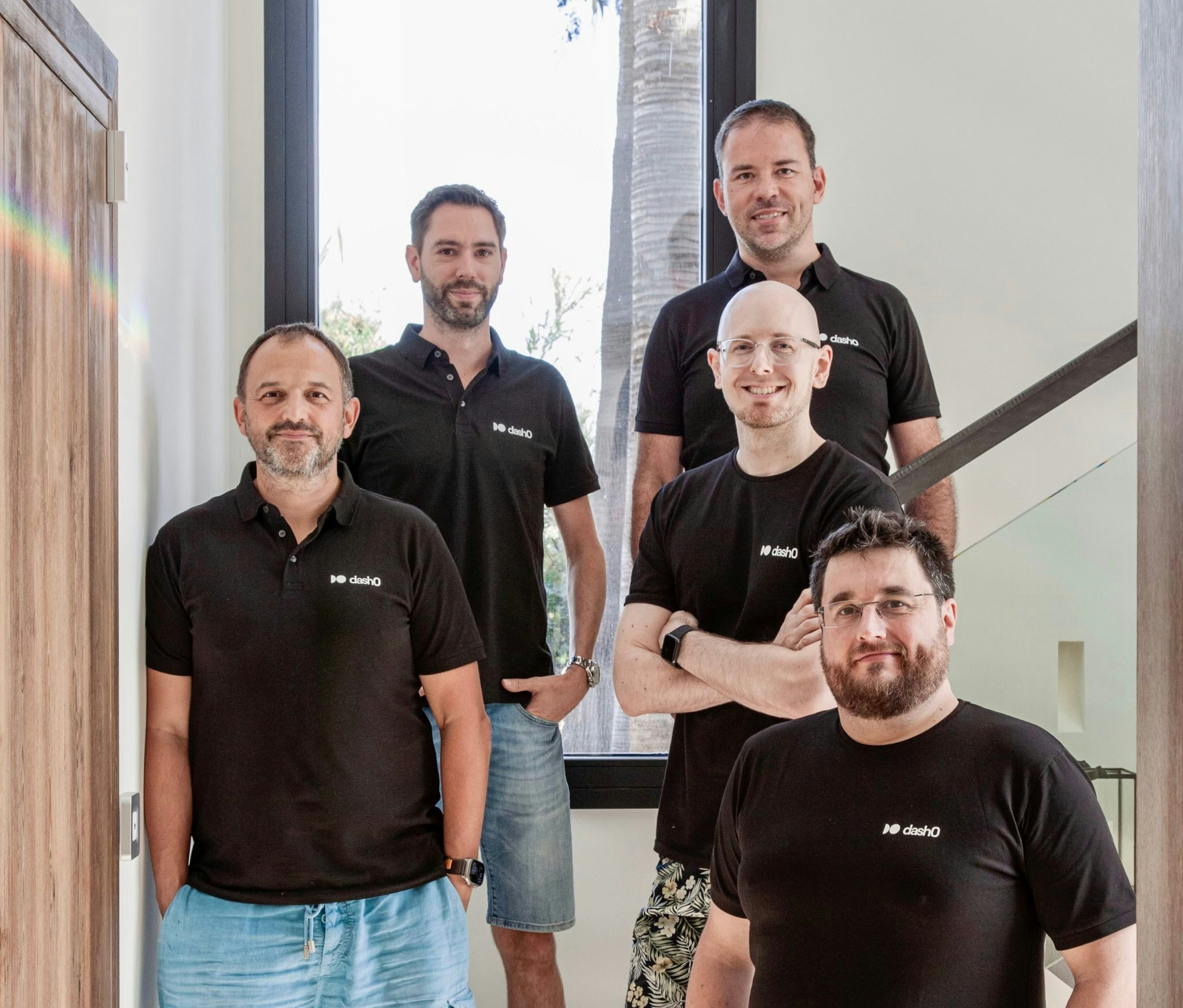Japan is in the middle of a technological revolution that forges a social contract with a new economic model. By aligning municipalities with industry, it seeks to boost innovation in infrastructure, fintech, healthcare, logistics and artificial intelligence. As part of the initiative, dubbed Society 5.0, Japan envisions technological innovation embedded into every aspect of public life - from dealing with an ageing population to dealing with natural disasters and pollution. The project anticipates a global investment of €77bn in robotics by 2025.
In stark contrast to Japan, the European Union is still struggling to develop a technology vision. In December, the European Commission authored a draft roadmap for how and why AI should be implemented across Europe. The plan is centred on educating the European workforce, enhancing relevant data-sharing between private companies and municipalities, improving data security, and increasing public and private investment. One primary goal stated in the plan is €20bn of private and public investments in AI by the end of 2020.
The European Commission’s framework for ethical use of AI follows a basic structure putting onus on municipalities and private companies to conceive, develop and safeguard AI solutions. In short: Invest with an eye toward humans as the primary focus, both in terms of users and the workforce maintaining the technology.
Unfortunately, the framework will remain in draft state until March 2019, and additional conversations and investments have yet to materialize. As of today, the European Commission has pledged €1.5bn, an amount far less than what it will take to truly reimagine society.
What can European technologists do?
European technologists must attempt to forge a partnership with the European Commission, focusing on specific industries and their potential to change society. Based on the Society 5.0 model, there are four major industries to focus on:
Healthcare
Technologists should invest in and develop cognitive AI technologies that considerably shorten time needed to perform administrative tasks in the healthcare sector, allowing doctors and nurses to concentrate on providing patient care. In the UK, a recent report from The Institute for Public Policy Research suggests that approximately 10% of annual NHS operational expenses could be saved through AI and automation technologies. If AI is implemented across the EU, we can solve the dual threat of rising healthcare costs and increased patient needs.
Mobility
A declining population and increasing trend toward urbanisation will result in underpopulated rural areas with limited access to public transportation, healthcare, goods and services. Expanding transportation and mobility options outside of urban areas is imperative.
European businesses must continue investing in autonomous vehicles, drones and innovations such as single-driver cargo truck convoys in order to deliver goods and services to all members of the populace in the most efficient and cost-effective manner.
Infrastructure
One third of European municipalities reported an underinvestment in infrastructure. Investment in infrastructure in the EU is 1.8% of annual GDP, despite investment needs ranging between 3.9% to 9.7% .
Investment in autonomous vehicles, and the data they create is paramount. Technologists can then use that data to predict needs in infrastructure development, repair and replacement. European businesses should work with Japanese companies like Hitachi, currently doing tremendous work on infrastructure.
Fintech
Blockchain is perhaps the most distinct solution that will help with security, transparency and a less fraudulent society. Biometrics and AI will also improve security and convenience. Cognitive AI is already producing results and helping progress toward the goals of Society 5.0, including a cashless and more customer-centric society.
Conversational AI, such as IPsoft’s Amelia, is providing customer support in financial services by handling deposits, payments, trades, trading platform usage, networking, customer on-boarding, etc. Omni-channel integration, including conversational AI agents, means finance and banking design services around customers. As adoption grows, society becomes less dependent on cash and physical banks.
Collaboration needed
Data alone – without proper context and meaning – is of little value. It needs to be more intelligent. This is where AI, and technologists behind it, make a difference. When Chetan Dube, President of IPsoft and I conducted a study into Society 5.0 and its implications for AI, we saw that humans and machines make better decisions together. Whether technology is designed to solve a single business problem, or built to solve social problems at massive scale, humans and machines must collaborate for success.
Japan’s bold attempt at creating Society 5.0 will inevitably face scrutiny and adversity. However, one thing is certain: European companies cannot ignore it if they want to be properly prepared for the future.



